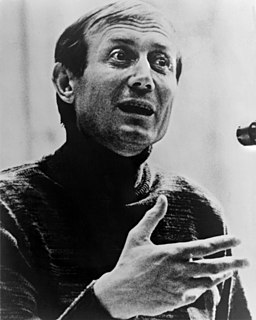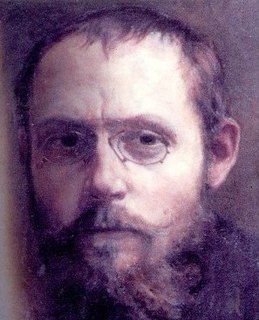A Quote by Thomas Carlyle
Nothing that was worthy in the past departs; no truth or goodness realized by man ever dies, or can die.
Related Quotes
When a man loves a woman, he has to become worthy of her. The higher her virtue, the more noble her character, the more devoted she is to truth, justice, goodness, the more a man has to aspire to be worthy of her. The history of civilization could actually be written in terms of the level of its women.
They say love dies between two people. That’s wrong. It doesn’t die. It just leaves you, goes away, if you aren’t good enough, worthy enough. It doesn’t die; you’re the the one that dies. It’s like the ocean: if you’re no good, if you begin to make a bad smell in it, it just spews you up somewhere to die. You die anyway, but I had rather drown in the ocean than be urped up onto a strip of dead beach and be dried away by the sun into a little foul smear with no name to it, just this was for an epitaph
In the most general terms, the Enlightenment goes back to Plato's belief that truth and beauty and goodness are connected; that truth and beauty, disseminated widely, will sooner or later lead to goodness. (While we're making at effort at truth and goodness, beauty reminds us what we're hold out for.)
No one, in the world's whole history, ever attempted to substantiate a truth by a miracle. Truth scorns the assistance of miracle. Nothing but falsehood ever attested itself by signs and wonders. No miracle ever was performed, and no sane man ever thought he had performed one, and until one is performed, there can be no evidence of the existence of any power superior to, and independent of nature.
There is but One God. His name is Truth; He is the Creator. He fears none; he is without hate. He never dies; He is beyond the cycle of births and death. He is self-illuminated. He is realized by the kindness of the True Guru. He was True in the beginning; He was True when the ages commenced and has ever been True. He is also True now.
There is but One God, His name is Truth, He is the Creator, He fears none, he is without hate, He never dies, He is beyond the cycle of births and death, He is self illuminated, He is realized by the kindness of the True Guru. He was True in the beginning, He was True when the ages commenced and has ever been True, He is also True now.






































